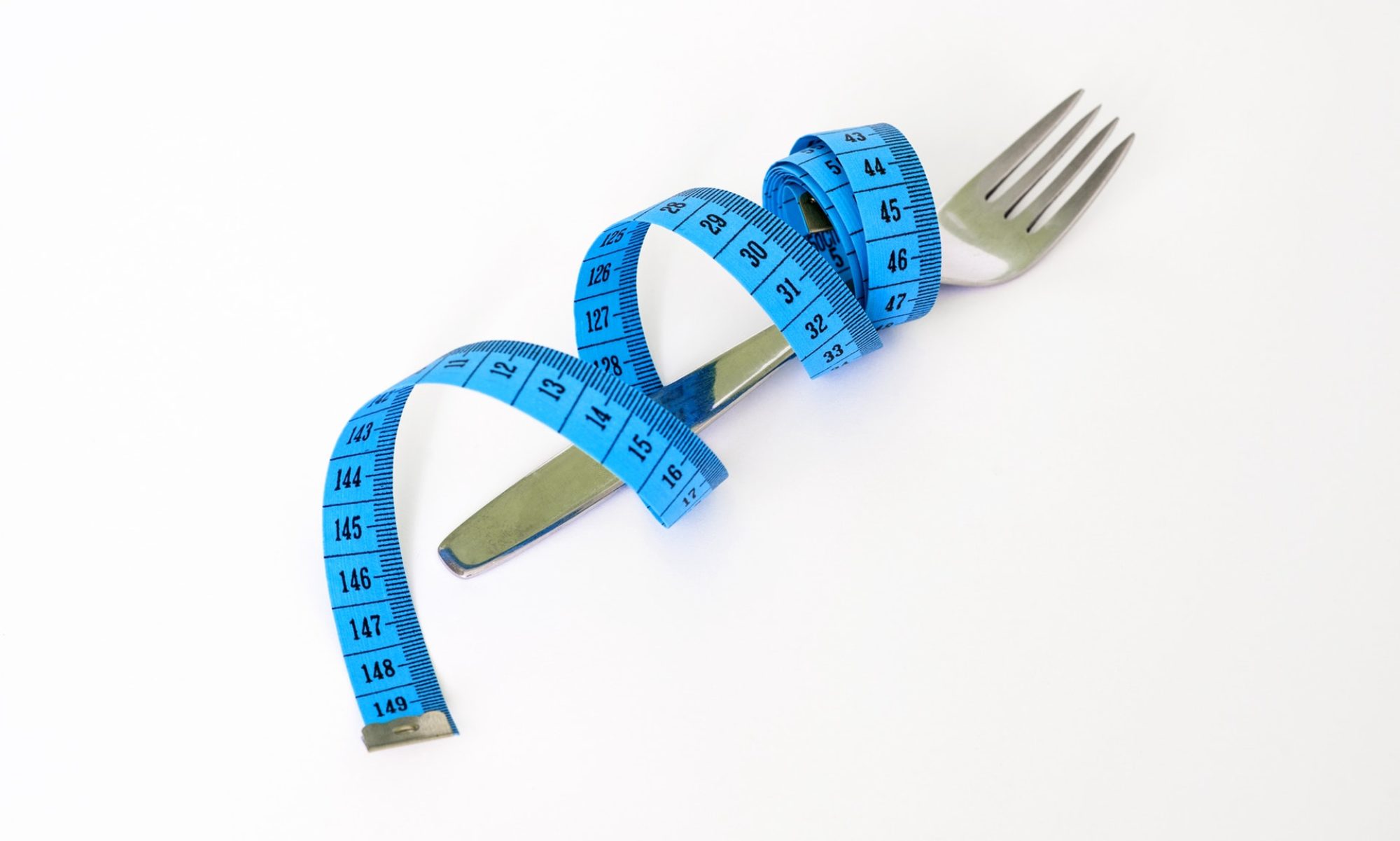What was your birth weight? Did your mother have gestational diabetes when she was pregnant with you? Were you born via vaginal or C-section delivery? Were you breast or bottle fed? Did you have antibiotics at an early age? These are only a few of the questions I ask patients at their first visit.
Why do I want to know so many details regarding the pre and peri-natal period, further back than any of us can even remember? Because there is no one factor that causes dysfunction in energy storage. Obesity is multi-factorial.
I mentioned last time, per the Obesity Medical Association, obesity is defined as “a chronic, relapsing, multi-factorial, neurobehavioral disease, wherein an increase in body fat promotes adipose tissue dysfunction and abnormal fat mass physical forces, resulting in adverse metabolic, biomechanical, and psycho-social health consequences.”


As we would expect, genetics play a major role. We all know we inherit genes from our parents that dictate the color of our eyes or the bend in our pinky fingers. These genes are set in stone. But other genes, like the over 200 genes which play a role in energy storage, can be turned on or off depending on environment, all the way back to the environment of our mother’s womb. It’s not exactly like dimmer switch on a light, but that’s a good visual. This is called epigenetics.
Even what mothers eat while pregnant affects food preferences in their children’s early years. Fathers don’t get off the hook. Their health, like whether or not they had insulin resistance, etc. also changes energy storage in their offspring. Furthermore, circumstances right after birth alters genes, like the first exposure to bacteria outside the womb, the initial gut microbiome. And that’s just the tip of the iceberg.
I want to hear about more than your birth story however. I want to know your early food culture: what you learned out food for every day, food for celebration, food for comfort. There are often stories to tell about life stressors, trauma, food insecurity, and so on.
Sometimes patients are hearing their weight stories for the first time even as they are telling them. Sometimes it’s messy; a lot of time there are tears. It’s hard but it’s good.
Weight is complicated. No wonder eat less, move more does not work. No wonder blaming and shaming does not work.
So what difference does it make understanding your story? You can’t change it, but understanding your past can change your future. When you know about you better, you are able to choose better.
Tell me your weight story. I’ll listen. I’ll listen to your multi-factorial, multi-faceted, maybe even messy, but always unique story. And together we’ll make a new Weigh Different story.











 Welcome to our Weigh Different Blog and allow me to introduce myself.
Welcome to our Weigh Different Blog and allow me to introduce myself.